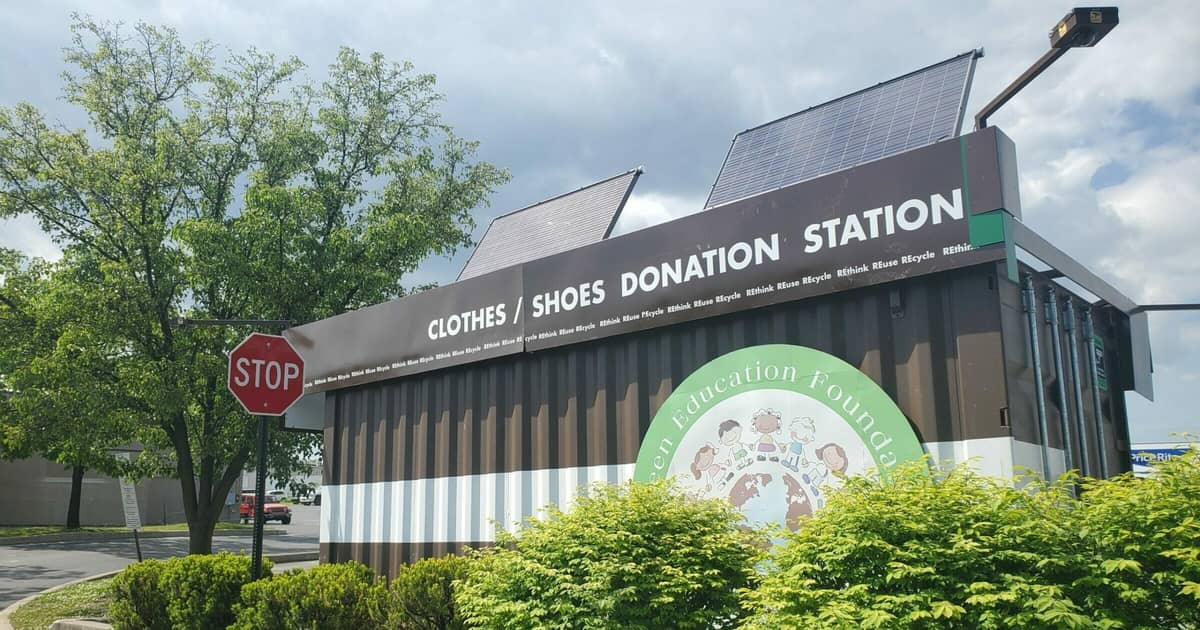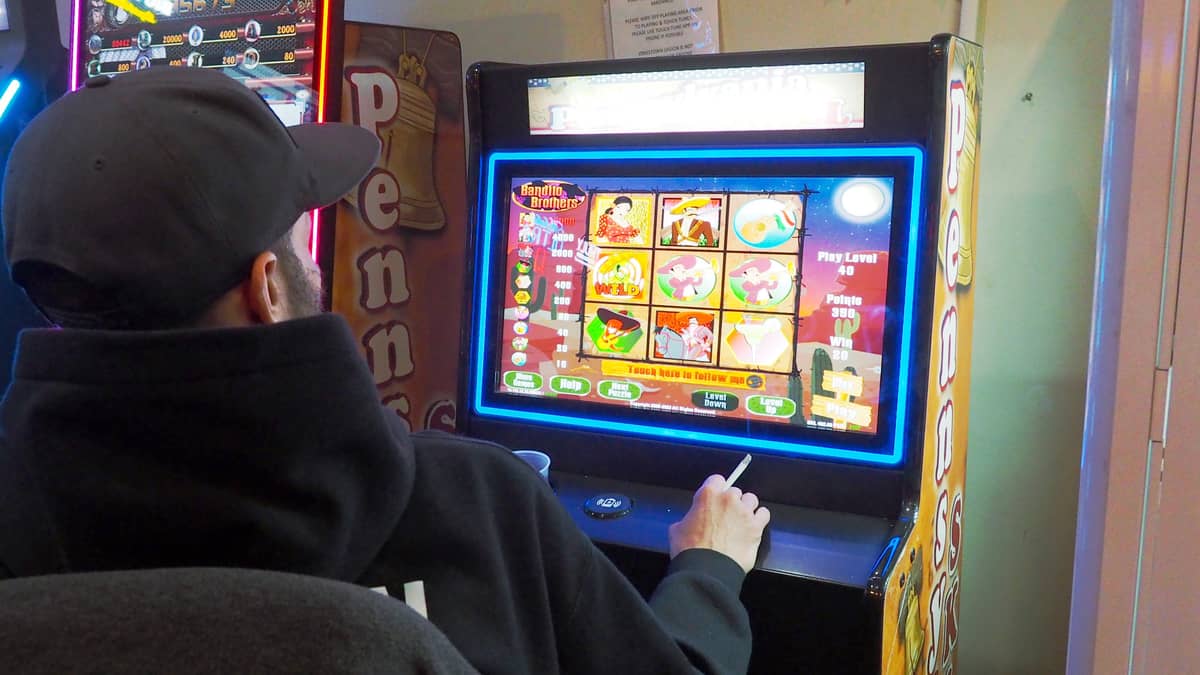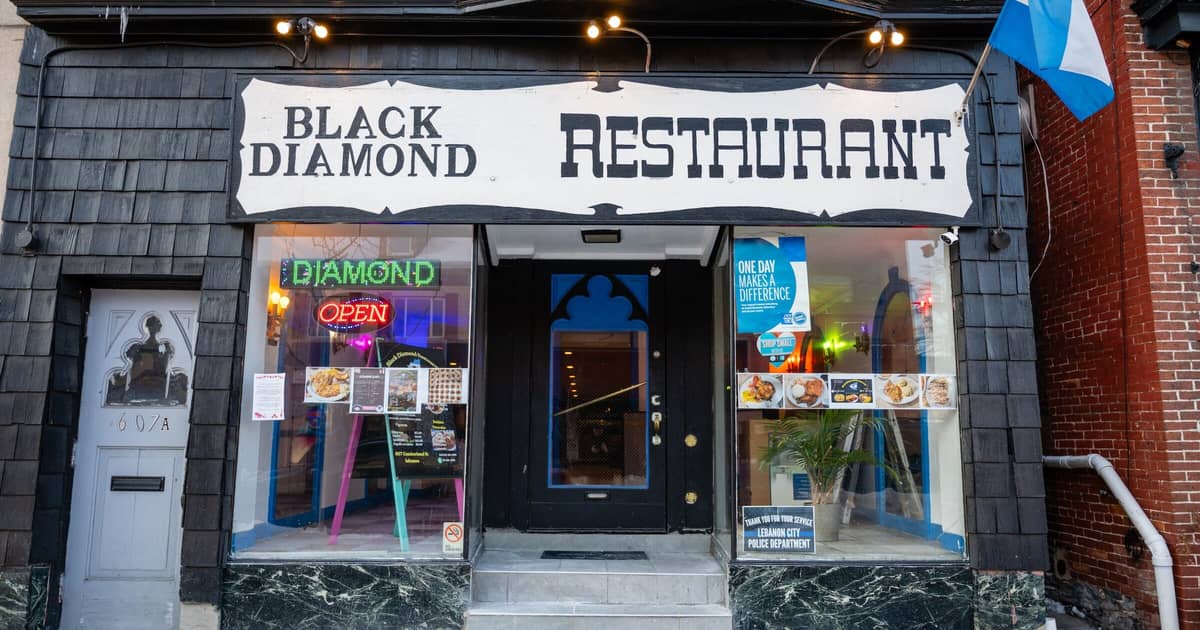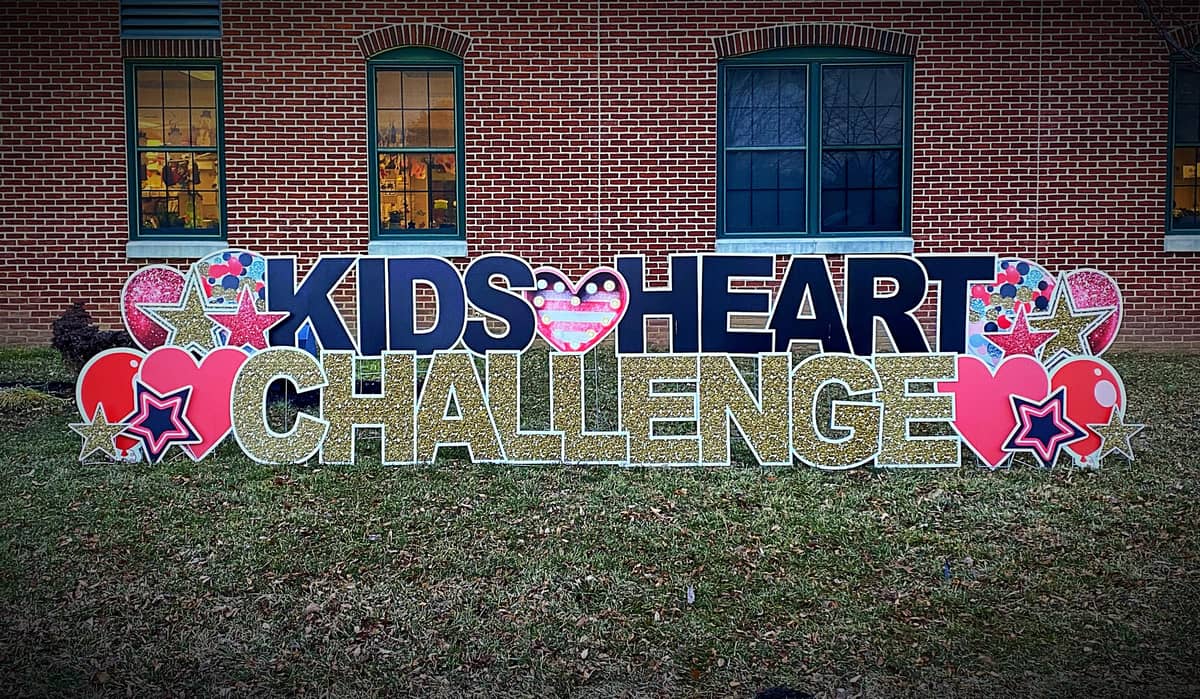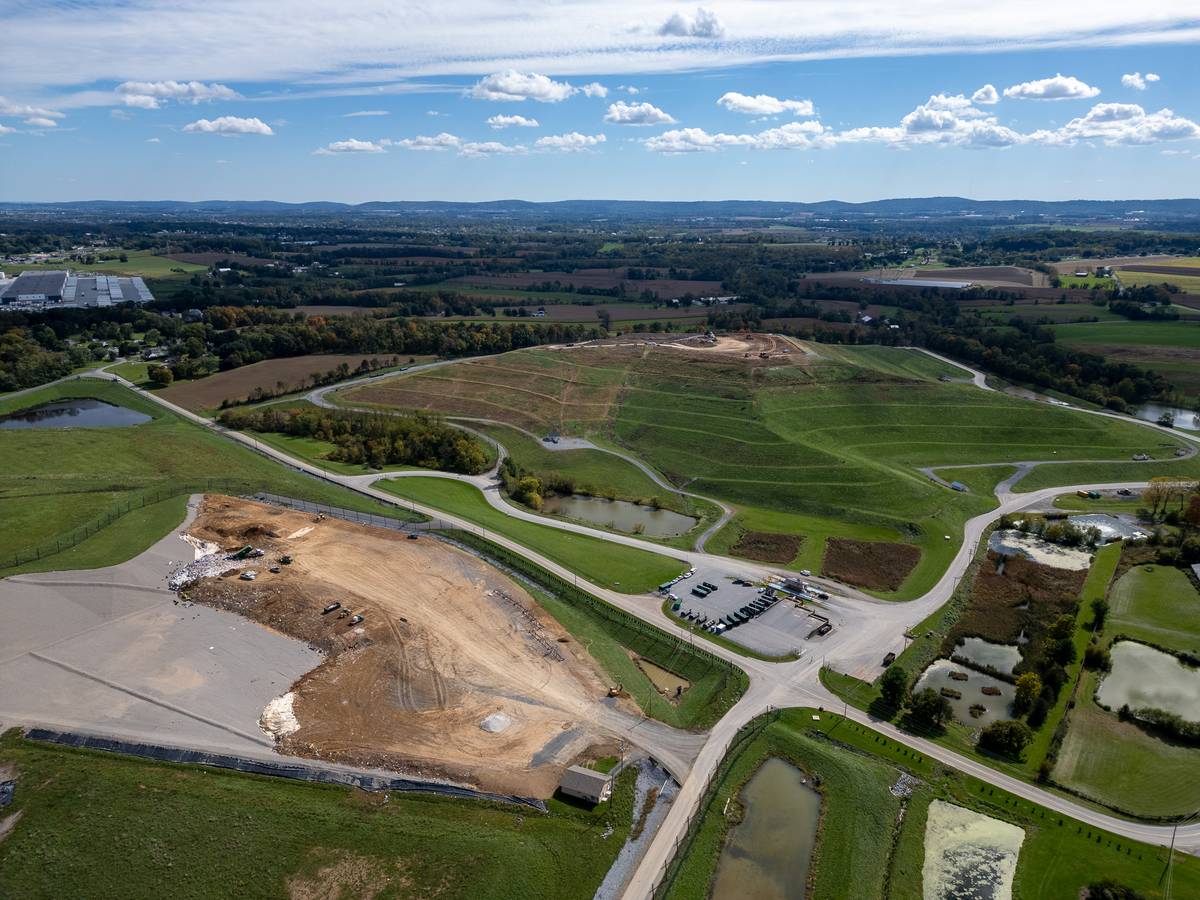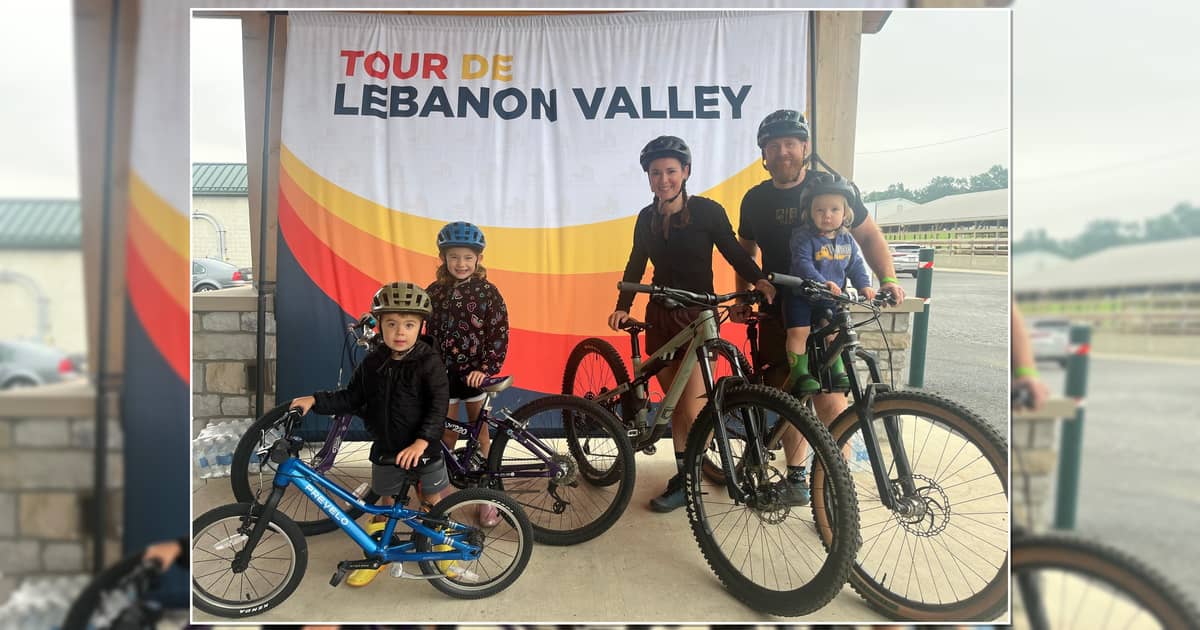A donation collection unit at the Lebanon Valley Mall, used to collect clothes, shoes and household items for reuse, recycling or resale, has drawn some curiosity from passersby because it, unlike most similar donation stations, has its own solar panels.
A representative of the Green Education Foundation (GEF), which owns the collection station, explained that it has an important — and environmentally conscious — purpose.
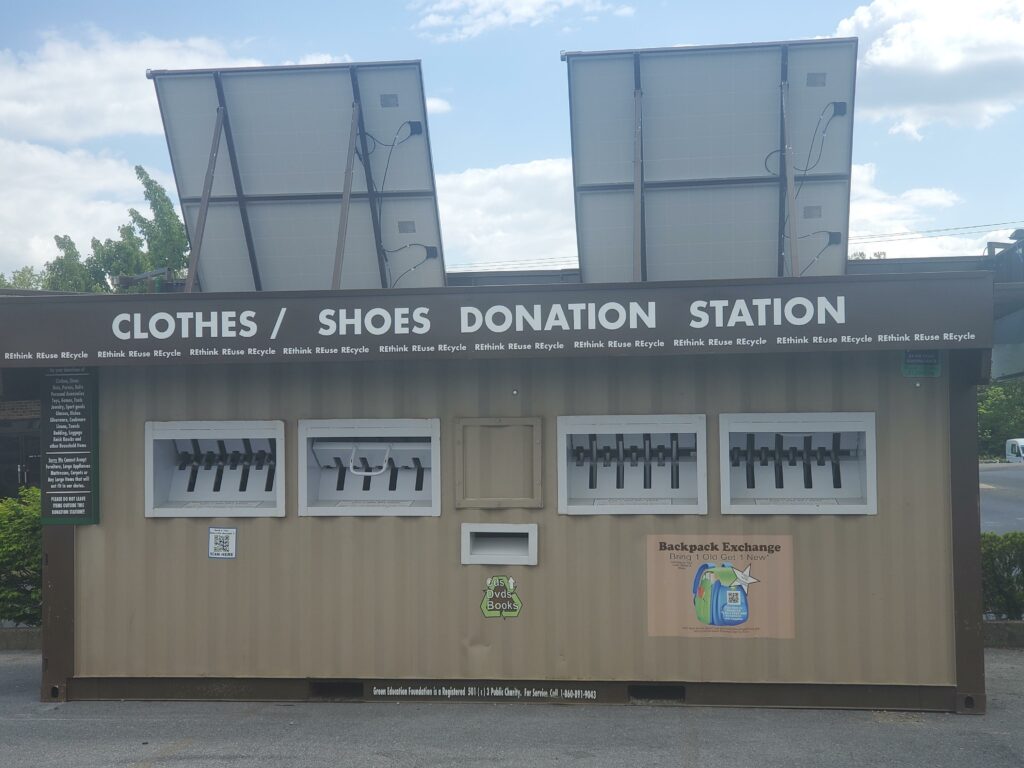
Charlene Nijmeh, who chairs both GEF and the Muwekma Ohlone Indian Tribe in the San Francisco Bay Area, said she founded GEF as a 501(c)(3) nonprofit in 2012 as a green initiative of the local Ohlone Tribe.
“As a tribe, we want to encourage sustainability — to reuse what we have,” Charlene said.
Headquartered in Milpitas, California, GEF is committed to creating green educational programs and workshops that will help shape the minds of future environmental and political leaders, creating a sustainable future for the next generations to follow.
Charlene explained that GEF’s donation program initially began as a textile recycling program similar to those operated by organizations such as Salvation Army or Goodwill. Donated clothing, shoes and household items are sold in stores. However, GEF uses the proceeds to fund programs tailored to educate youth about environmental sustainability.
GEF’s focus on sustainability extends to the collection units for the donated items.
“When we started, we knew we had to be different,” Charlene said.

Collection units, which are known as NDRS (Neighborhood Donation Recycling Stations), are repurposed shipping containers.
What about the solar panels? They’re an off-grid solar system that powers LED lights, cameras and a touchscreen interactive display. This system allows remote monitoring of each unit 24/7, and there’s a backup system to power cameras.
Charlene said it took three years to develop and implement this concept, and it costs between $40,000 to $50,000 to build and place each unit.
Michelle Tuscano, mall manager at Lebanon Valley Mall, said GEF’s donation unit has been onsite at the mall since June. It’s located close to Route 422 at the end of the parking lot in front of discount grocer Price Right.
She said due to its unique appearance and solar panels the mall office has had a few calls and questions about the donation bin. “People are curious because it looks a bit different than the other donation bins they’re used to seeing,” she said.
Tuscano said she likes the fact that the solar panels power outside lights and a camera. “We’ve had a lot of issues with people dumping items such as furniture by the other donation bins,” she explained, “Green Education Foundation’s unit has lights on the outside that light the area and that deters illegal dumping, plus the cameras on the unit are part of a monitoring system so that anything that is placed outside of the unit is removed within a short amount of time.
“The units are designed to be efficient and reactive. If items are left outside of the bin, someone is there in a few hours to take care of (them). Plus since we can monitor the inside of the bin, the system itself creates routes and drivers are dispatched to service them on an as-needed basis,” Charlene explained. “This is not only efficient time-wise, but it also reduces greenhouse gases since vehicles are not being used to make needless trips.”
Charlene said that, when the NDRS units are emptied, the items are sent to one of several GEF central pre-sorting facilities nationwide. Items from the Lebanon Valley Mall unit are sent to a pre-sorting facility in central New Jersey where textiles are separated from household items. Items are then sent to Guatemala for processing.
Once in Guatemala, items that are of sufficient quality are sold in resale shops. Items are repaired, if necessary, before being sold, and items that cannot be reused are recycled into fiber. Sneakers that are worn and cannot be resold will have the rubber parts stripped and sent to a rubber plant in Central America to be recycled.
GEF is part of The Green Group, which was formed to support a closed-loop cycle for textile recycling. It was formed as a joint agreement with Megapaca and Nova fiber to ensure that all collections get recycled right down to fiber. Megapaca processes and sells the reusable items through its retail outlets, and nova fiber recycles the unusable items by converting them into fiber that will be remade into a variety of products. This alliance guarantees that all items collected by GEF are responsibly recycled.
“Without this assurance, we would not be comfortable shipping the collections to Central America,” said Kennedy Nijmeh, also of GEF.
Kennedy said that, during the COVID-19 pandemic, GEF’s monitoring systems were invaluable.
“Since people across the country were under ‘stay-at-home’ orders, one of the things they did was clean out closets, attics and basements,” he said. “Those unwanted items are often taken to donation bins and centers to be recycled. In some places, the organization that had placed the bin may have been shut down, too. What that meant is that donation bins were often overflowing, and items were stacked up outside of them. With our monitoring system, we didn’t really have that issue.”
Kennedy said that, since the NDRS units were deployed in 2013, there’s been little vandalism or illegal dumping due to the surveillance system. Currently, GEF has 200 NDRS units deployed in California, Connecticut, Maryland, Massachusetts, New Jersey, New York, Pennsylvania and Texas.
“We’ve grown every year,” Kennedy said. “As we come out of the pandemic, we’re planning our further growth. Some local governments have ordinances about the size of the donation boxes or how many can be located in a space. In some places, we go in with a pilot program.”
Additionally, Kennedy said that some of the other organizations that have donation bins are seeking more information about the NDRS units since they have a monitoring system.
And over the next few years, GEF and the Muwekma Ohlone Indian Tribe in the San Francisco Bay Area will be focused on developing a fiber recycling plant in the bay area.
This article was updated with additional comment from the Lebanon Valley Mall.

